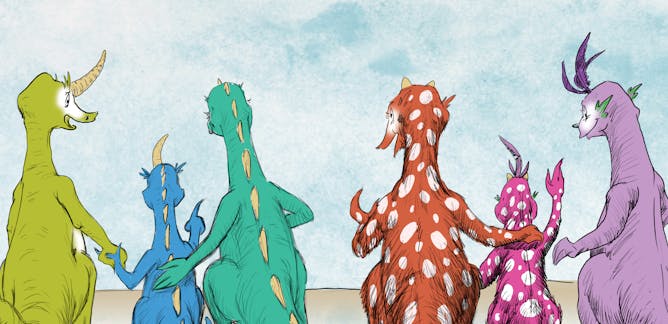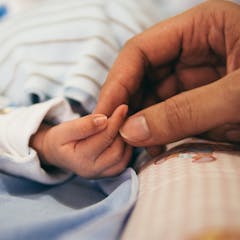
Articles on Correlation
Displaying all articles

People don’t randomly select who they have children with. And that means an underlying assumption in research that tries to link particular genes to certain diseases or traits is wrong.

How can something be bad for you one day, and good for you the next? This study highlights the problem of correlation and causation.

The real message is how old you are when you first have sex and have your first child is controlled by a little bit of nature and a lot of nurture.

Whenever you hear about a new bit of science news, these suggestions will help you assess whether it’s more fact or fiction.

Wondering if that latest study finding is too good to be true, or whether it’s as bad as we’re told? Here are five questions to ask to help you assess the evidence.

A new study has found a link between being born by caesarean section and having a greater chance of being diagnosed with autism or ADHD. But there’s no evidence caesarean sections cause them.

Shrewd media consumers think about these three statistical pitfalls that can be the difference between a world-changing announcement and misleading hype.

An email from Aleksandr Kogan sheds light on exactly how much your Facebook data reveals about you, and what data scientists can actually do with that information.

Here are some all-too-common errors when it comes to interpreting statistics, and how to avoid them.

As the talking heads line up to predict this season’s division winners, many are hoping fans will forget their abysmal forecasts for the 2015 season.

UNDERSTANDING RESEARCH: What do we actually mean by research and how does it help inform our understanding of things? Today we look at the dangers of making a link between unrelated results. Here’s an…
